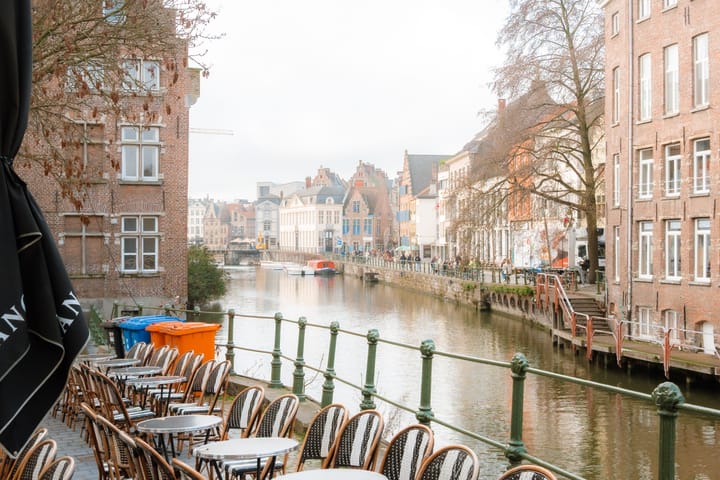My default is AHHHHHHHH. Can I change that?

Standing on the beach seeing the tide washing jellyfish ashore, two men approach and excitedly ask if I’ve seen any jellies. I say yes and point at the large lion’s mane that has just washed up away from a smaller one. The beach is peppered with red blobs of lion’s mane jellyfish, a stinging type. The men are gleeful at the sight of the water and want to get in. I point out that it’ll be hard to see orange jellyfish in brownish water and that they sting, whereas the lake is safe. My words do nothing to dampen their spirits, and they get in the water, laughing and splashing. Grown men eh, they’re just big kids.
I walk away wondering whether they have it right? Ignorance is bliss? I suddenly remembered that the tide was also going out, and it’s not a safe place to swim, but by now the RNLI had arrived to watch over them. It’s not my job to police people, and so I continue my pondering while I walk along the beach. Could I have swum in the sea today? Am I cursed by knowledge? I have no desire to be foolish, but maybe I’m being too cautious?
As I walk home, I think back to 2 days ago, where someone posted a concerned message about how our swimming lake looked after a storm. I defaulted to “AHHHHH!”, and decided to skip swimming the next morning. As we ran past the lake on our morning run, I saw people swimming under the sun and blue sky. We had missed a good swim due to my anxiety.
A couple of days before this, Metabookstagram launched a Twitter cloned called Threads. My default reaction, “AHHHHHHH!” Meta/Instagram have proven themselves to be there for the advertisers, not the users. Time and time again, they have proven to be a bad company for your mental health, and your data. They struggle to offer interesting spaces for queer discussions and aren’t friendly to sex workers. My brain defaulted to anxiety and I saw yet another platform failing its users. Except, the majority of comments were from happy people excitedly playing with a new platform. “But but but no! It’s not good!” I thought. I went back to Mastodon and had my fears confirmed by confirmation bias, not by evidence that this day-old platform had actually done anything wrong. Putting my defensive shields up, I sat in peace with my anxiety… missing my friends.
So many random things are triggering me at the moment. I feel like I’m missing the best of what life has to offer due to repetitive overthinking. My default “AHHHHH!” is simply a habit so easily set off by anything I bump into. If it is a habit, maybe I can break it? Neuroscientist Dr Jud believes it’s possible. There’s an hour-long podcast (Apple / Spotify) about this idea on the NY Times Ezra Klein show.
When you are triggered by something, you worry and then plan. The act of planning makes you feel in control, and your brain accepts that as a reward. That’s the habit cycle. Trigger. Plan. Reward. The problem is that you’re not addressing the way you feel when triggered. Instead, you’re reading and getting a dopamine hit from the research. The two things are disconnected. What needs to be addressed is how you feel in the moment.
What Dr Jud suggests is to try to challenge the anxiety with curiosity. Even the most basic form of curiosity can help reduce anxiety. You are exploring rather than withdrawing. You are interested in the world and open to ideas instead of judging what you do not understand. When you feel physical symptoms of anxiety, explore them. Be curious about what you are feeling. Be aware of your breath. That feeling of your chest rising and falling. Be in that moment, as wellnessy mumbo jumbo as that sounds. I’d be quick to judge and laugh off this idea, but I wonder if it’s why I enjoy cold water swimming (another stupid wellness trend).
I wrote about my experience of cold water swimming a few years ago. It was fascinating feeling the ice-cold water almost attacking my body. For some reason, I wasn’t stressed or fearful of the situation. I was curious. The experience really did clear the mind and make you focus on your body. No time for overthinking whether I left the oven on. I was actually in the moment being curious about my body’s reaction to the water. Was I doing mindfulness right? Embrace the moment and be curious about how you feel in it rather than anxiously overthinking the situation.
Maybe the next time I get into the lake and feel anxious, I need to take it slowly and appreciate what I’m feeling. Find the curiosity in the moment before swimming. The question is, how to do the same when faced with a phobia of jellyfish? “Oh cool! I feel awful. I’m absolutely terrified. Well, this is all jolly fascinating, isn’t it? Is that my throat closing up? A-mazing.” I need to learn more about this idea. Do I get over my fear of being stabbed by stabbing myself out of curiosity? That seems bad. Thankfully, there’s a book called “Unlearning Anxiety” by Dr Jud where he explains more about this. Available wherever you get books from.
Is this the technique that helps? I read so much about anxiety and mindfulness that I feel like I’m one technique away from being awarded a man bun for services to wellness-ness-ness. If I ever start extolling the virtues ofperineum sunning by pointing my bum at the sun in an attempt to power up like a character from Dragon Ball Z, then please unsubscribe and tell me I’ve gone too far. I am no wellness coach and have no intention of being one. All I want to do is figure out how to enjoy life a bit more. Maybe unlearning anxiety is a useful technique, or perhaps I need to get back in the queue with NHS doctors and have a chat?
I’m at a music festival next weekend. Bluedot. It’s a trigger. Crowds, planning, foraging for food, mud, weather, crowds, smoking (potentially a migraine trigger), noise, etc. How did cope with Eurovision? Curiosity and joy? That’s entirely possible. So let’s see how that helps next week.



Comments ()